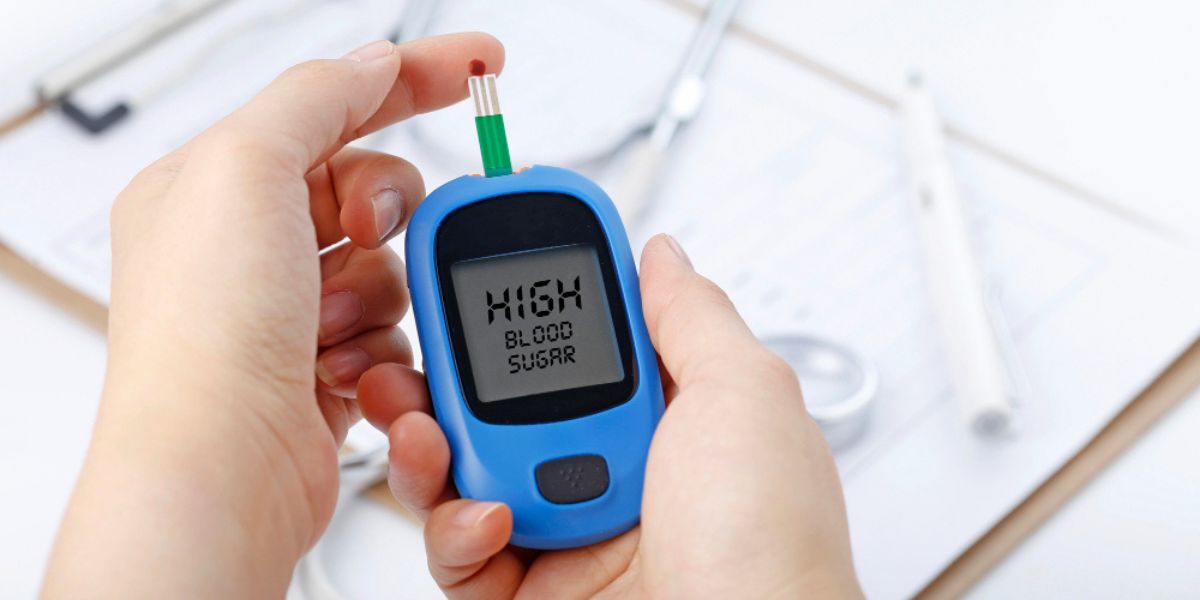Delicious and Tender Beef Rendang Recipe, Perfect for Family Meals
It is important to know the correct steps to ensure that the rendang produced has a tender texture and perfectly absorbed spices.

Kapanlagi.com - After celebrating Eid with various delicious and abundant dishes, many people begin to feel the impact on their health. Drastic changes in eating patterns, consumption of high-fat and sugary foods, and lack of physical activity can trigger various health problems. It is not surprising that after Eid, several diseases often emerge and disrupt daily activities.
One of the most common complaints after Eid is digestive disorders. Bloating, diarrhea, constipation, and acid reflux are often experienced due to uncontrolled eating patterns. Consuming large amounts of coconut milk-based, spicy, and high-sugar foods can make the digestive system work harder, leading to discomfort and even more serious issues.
In addition to digestive disorders, several other diseases also commonly appear after Eid, such as high blood pressure, spikes in blood sugar levels, and increased cholesterol. Therefore, it is important to be more prudent in managing eating patterns and maintaining health after the celebration to keep the body fit and avoid the risk of disease.
Lebaran is synonymous with food served in large quantities and often left at room temperature for long periods. If not stored or reheated properly, these foods can become contaminated with bacteria that cause food poisoning, such as Salmonella or E. coli. Symptoms can include diarrhea, vomiting, nausea, and abdominal cramps that can disrupt post-Lebaran activities.
The increased consumption of high-salt foods, such as chicken opor, rendang, and various crackers, can lead to spikes in blood pressure. Coupled with a lack of control over food intake and the habit of eating in large portions, the risk of hypertension increases. Those with high blood pressure need to be more cautious, as sudden spikes in blood pressure can trigger serious complications such as stroke or heart attack.
After enjoying various traditional Lebaran dishes rich in coconut milk, oil, and sugar, many people experience digestive disturbances such as bloating, diarrhea, constipation, and even acid reflux. Fatty and spicy foods can slow down the digestive process and trigger excessive stomach acid production, causing uncomfortable sensations such as heartburn and nausea. Additionally, a sudden change in eating patterns after a month of fasting can disrupt the balance of gut microbiota, making the digestive system more susceptible to irritation.
Lebaran also becomes an occasion for excessive consumption of sweet foods and drinks, ranging from cookies, syrups, to desserts rich in sugar. For people with diabetes or those at risk of prediabetes, this can lead to dangerous spikes in blood sugar levels. Uncontrolled blood sugar increases can cause symptoms such as easy fatigue, frequent urination, and even long-term complications.
The high-fat and high-cholesterol dishes typical of Eid, such as curry, fried liver sambal, and fatty meats, can increase levels of bad cholesterol (LDL) in the blood. If left unchecked through diet control and physical activity, high cholesterol levels can trigger various health problems such as blood vessel blockages and increase the risk of heart disease.
Traditional Eid foods such as offal, red meat, and seafood contain high purine levels that can raise uric acid levels in the body. For those susceptible to gout, excessive consumption of these foods can trigger extremely painful joint attacks, especially in the feet and knees. Balancing with adequate water intake and reducing high-purine foods can help prevent the recurrence of gout symptoms.
Unbeknownst to us, uncontrolled eating patterns during Eid can lead to rapid weight gain. Consuming high-calorie foods without sufficient physical activity can trigger fat accumulation in the body. If not controlled promptly, this condition can increase the risk of various chronic diseases such as diabetes, hypertension, and heart disorders. Therefore, it is important to return to a healthy diet and exercise after the Eid celebrations to maintain weight.
(kpl/frr)
Cobain For You Page (FYP) Yang kamu suka ada di sini,
lihat isinya
It is important to know the correct steps to ensure that the rendang produced has a tender texture and perfectly absorbed spices.
This question often raises confusion, especially since diabetes treatment focuses more on management rather than cure.
Lesti Kejora and Rizky Billar once again steal the spotlight with their latest family photo wearing matching outfits.
This question often leads to confusion, especially because diabetes treatment focuses more on management rather than a cure.
Anya Geraldine gives her all as a dangdut singer in the remake film Mendadak Dangdut, garnering various reactions and public attention!
From SM Entertainment trainees to JYP, the journey of top Korean actors who almost debuted as K-Pop idols is revealed in this article!
Diabetes can be inherited from parents. Prevent it early with these 5 steps before it's too late.
Some favorite foods can actually provide "fuel" for cancer cells to grow faster.
The year 2027 is predicted to be a spectacular year for movie lovers! Three blockbuster films are ready to hit the screens, offering exciting adventures in various worlds.
Paula Verhoeven looks stunning in two classy black outfits, paired with soft glam makeup and a charismatic aura.
In this article, we will discuss various simple yet effective habits that can help combat laziness.
Learn more about the early symptoms of cervical cancer that need to be watched for and the preventive measures that can be taken early on.